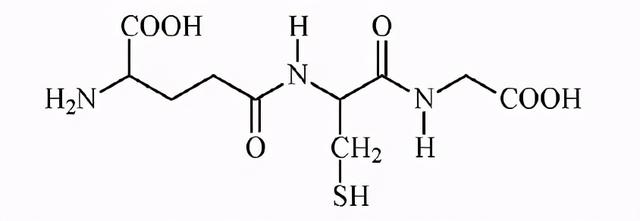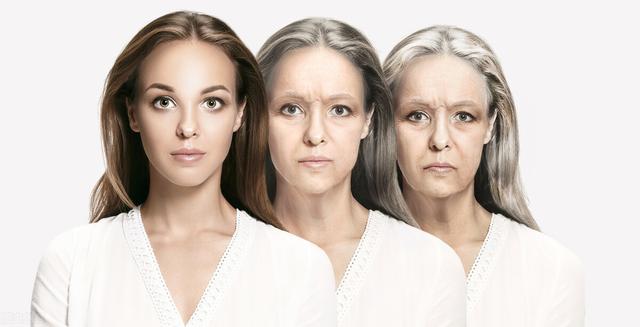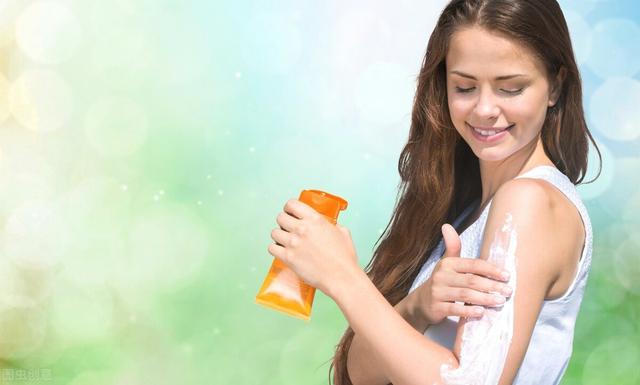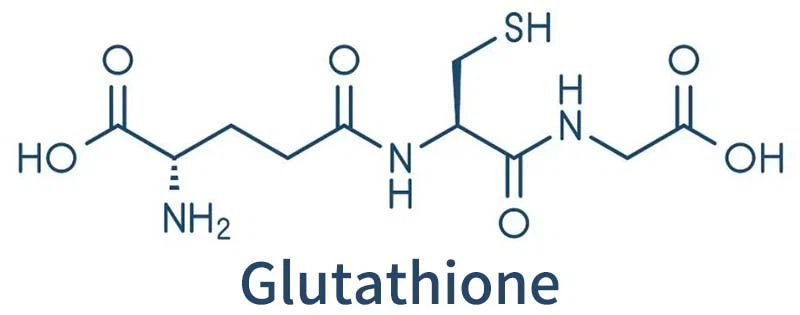In addition to whitening ingredients such as fruit acid, arbutin, and niacinamide, glutathione, which is claimed to have anti-aging and whitening effects, should also be familiar to everyone. It not only appears in skincare products, but also in health products.
So, is this glutathione really so magical?
What is glutathione?
Glutathione is a tripeptide composed of glutamic acid, cysteine, and glycine, which is an important active substance in the body. Its structural formula is as follows:

Glutathione is an antioxidant that exists in all biological cells (we can synthesize it ourselves). It has functions such as clearing free radicals, promoting iron absorption, maintaining the integrity of red blood cell membranes, and maintaining the biosynthesis of DNA synthesis.
As an important active substance in the body, glutathione is widely used in medicine and food. For example, adding GSH to dough can shorten the kneading time and increase the flavor of the dough.
What are the effects of glutathione on the skin?
The effect of glutathione on the skin
Anti aging
According to Harman’s free radical theory, an imbalance of oxidative free radicals can cause cell damage. When the damage caused by free radicals exceeds the body’s repair capacity, it can lead to accelerated aging of the body and skin, ultimately resulting in signs of aging such as skin relaxation, dull skin tone, and wrinkles.
In other words, although you cannot change the fact that aging occurs as you age, it is feasible to combat aging through antioxidant free radicals.
GSH has antioxidant effects, can inhibit the generation of free radicals, reduce the damage of free radicals to liver cell membranes, and can be said to be a “killer” of free radicals.
That is to say, glutathione in the body does have anti-aging effects.

Whitening effect
- Inhibiting the activity of tyrosinase;
- Inhibiting melanin release and transport;
- Accelerate melanin metabolism and shedding;
And glutathione has antioxidant and inhibitory effects on tyrosinase in melanocytes, that is, it inhibits tyrosinase activity, reduces melanin formation, and thus achieves whitening effects.
This whitening effect is useful for pathological pigmentation, sun exposure, and some pigmentation. If the skin is naturally dark, it is not recommended to use GSH products for whitening.
Is oral/injection of glutathione necessary?
In addition to skincare products, GSH is also commonly found in health products, such as liver protection health products. In addition, the once popular whitening pills and needles often contain this ingredient.
So is it necessary to take orally/inject glutathione for whitening and anti-aging?
Let’s talk about oral administration first.
Although studies have shown that GSH can indeed intervene in the synthesis of melanin, it is a small molecule peptide that is digested and broken down after oral administration. Its bioavailability is low, and it remains to be proven how much it can enter the bloodstream and be absorbed and utilized by the human body.

Moreover, under normal circumstances, glutathione can be synthesized in the body without the need for additional supplementation.
As for the injection of GSH, especially for whitening purposes, it is theoretically effective, but there is still a lack of large-scale randomized double-blind clinical studies. Therefore, it is not recommended to use whitening injections (which contain GSH components) for whitening.
At present, it seems unreliable to achieve whitening and anti-aging goals through oral/injection of glutathione.
The most important thing for whitening and anti-aging is Sunscreen!!
References
- [1]Vina J. Glutathione: Metabolism and Physiological Functions[M]. CRC Press, Boca Raton, FL, 1990.
- [2] Wang Dahui, Wei Gongyuan. Application prospects and production research status of glutathione [J]. Chemical and Biological Engineering, 2004 (03): 10-12
- [3] Sun Ailan, Tan Tianwei, Zhu Zhongwei A study on the whitening activity of glutathione and chitosan [J] Daily Chemical Industry, 2004 (04): 67-69




